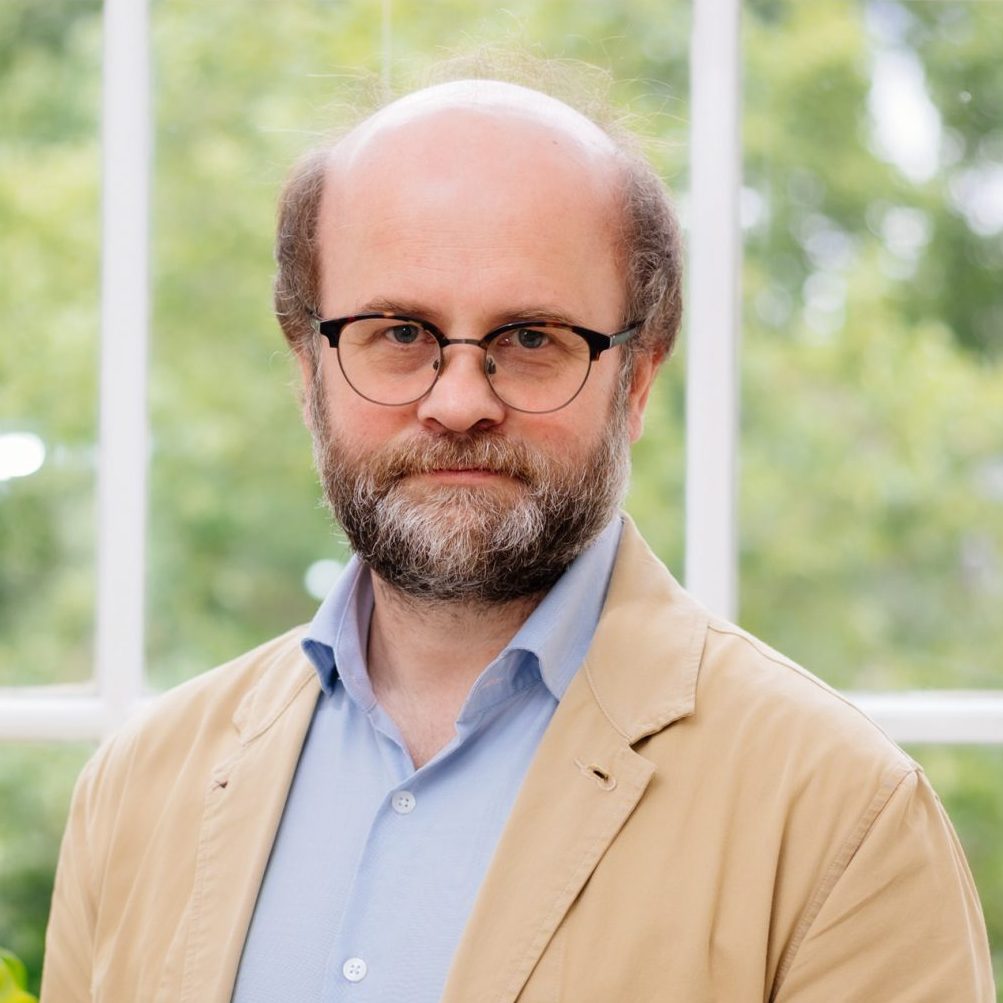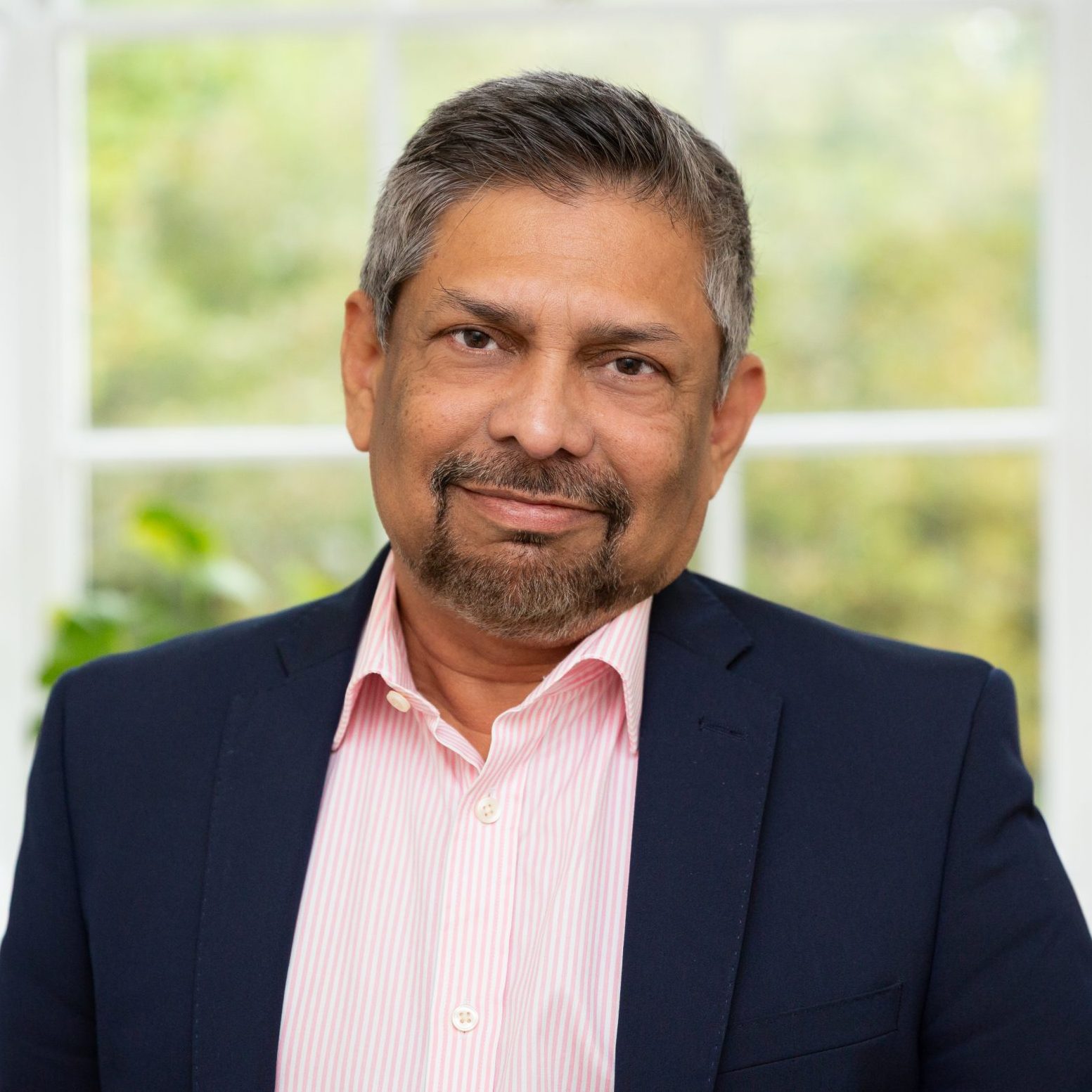Have you ever found yourself reacting strongly to a situation, only to wonder later why it affected you so much? Maybe it wasn’t the situation itself—it was the reflection of something deeper, a wound from the past that hasn’t fully healed.
Our minds are complex, holding onto experiences in ways we may not fully grasp. When we encounter something today that feels eerily familiar—perhaps someone dismissing our feelings, a loss, or an unexpected rejection—it can trigger emotions far beyond what the present moment deserves. This isn’t just overreacting; it’s the past surfacing through emotional echoes, demanding to be seen.
Think of it like stepping on a bruise you forgot was there. The pain isn’t just from the present pressure—it’s from what was already tender beneath the surface. Similarly, some reactions aren’t merely about what’s happening now, but about past wounds being poked by today’s circumstances.
The Role of Therapy in Untangling Emotional Reactions
Therapy helps you sift through your emotional responses to uncover their true origins. Instead of assuming, “I’m just an emotional person” or “I overreact,” it allows you to step back and ask: What does this remind me of? When have I felt this before?
Through therapeutic exploration, you begin recognising patterns in your responses—seeing that the frustration with a colleague might actually mirror the hurt from a parent who never listened, or that the fear of abandonment isn’t just about the present relationship, but echoes past betrayals. The intensity isn’t random; it’s rooted in something deeper.
Therapists: Navigators for Your Emotional Blind Spots
When we’re in the driver’s seat of our own lives, it’s easy to focus only on what’s directly ahead. But therapists act like passengers who can see the blind spots—the places your own perspective may struggle to reach. They help you recognize where emotional detours are happening, guiding you to understand what needs healing instead of just reacting to the surface-level problem.
Through therapy, the unconscious becomes conscious. You start recognizing when an emotional spike is less about now and more about then. And with awareness comes the power to respond, rather than simply react.
Healing Means Recognizing, Not Avoiding
Addressing past wounds doesn’t mean dwelling on them indefinitely; it means giving them space to be processed so they no longer hijack your present experiences. Therapy doesn’t erase painful history, but it helps lessen its grip, allowing you to engage with life more freely—without old ghosts whispering through today’s emotions.
When you notice a strong emotional reaction, consider this: Is it truly about today, or is it the past asking to be acknowledged? Healing begins when we stop running from the real source of pain and start understanding it.
HARVEST THERAPY
44 Russell Square,
London WC1B 4JP
United Kingdom
Phone Number:
020 8962 6247
email: info@harvest-therapy.co.uk
HARVEST SOCIAL MEDIA:
























